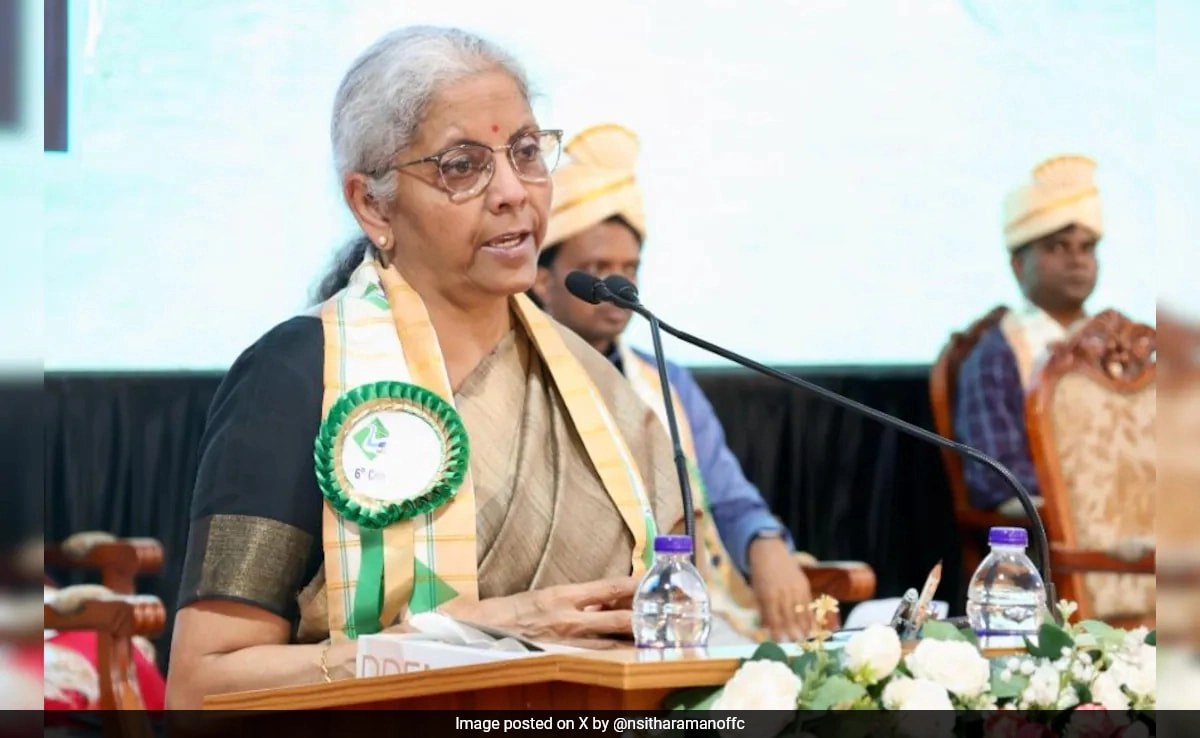In a significant escalation of security operations in Jammu and Kashmir, the Indian Army opened fire after detecting suspicious movement in the Kupwara district. This region, known for its strategic importance and history of militancy, has been under heightened scrutiny as security forces intensify their efforts to thwart potential threats. The incident underscores the ongoing challenges faced by the Army in maintaining peace and stability in the area, which has been a hotspot for insurgent activities for decades.
The Army’s response to the suspicious movement reflects a broader counter-terrorism strategy aimed at preventing infiltration and ensuring the safety of local populations. Kupwara, which shares a border with Pakistan, has seen a surge in military operations aimed at dismantling militant networks. The decision to open fire indicates the seriousness with which the Army treats potential threats, especially in light of recent intelligence reports suggesting an uptick in militant activities in the region. Such operations are crucial not only for national security but also for restoring a sense of normalcy to the lives of residents who have long been affected by violence and unrest.
While the details of the incident remain scarce, it highlights the delicate balance the Army must maintain between aggressive counter-terrorism measures and the protection of civilian lives. In recent years, the military has faced criticism for its heavy-handed tactics, which some argue can exacerbate tensions within local communities. Nevertheless, security forces continue to emphasize their commitment to safeguarding the nation’s integrity, often operating under the pressure of real-time threats. As the situation evolves, the Army’s actions in Kupwara will likely attract scrutiny from both domestic and international observers, reflecting the complex dynamics of conflict in this sensitive region.
In conclusion, the firing incident in Kupwara serves as a stark reminder of the persistent volatility in Jammu and Kashmir. As the Indian Army navigates the challenges posed by militant groups and the geopolitical landscape, its operations will remain critical in shaping the future of peace and security in the region. The ongoing commitment to national security must be balanced with an awareness of the human cost of these actions, as the Army continues to engage with the local populace in efforts to achieve lasting stability.




